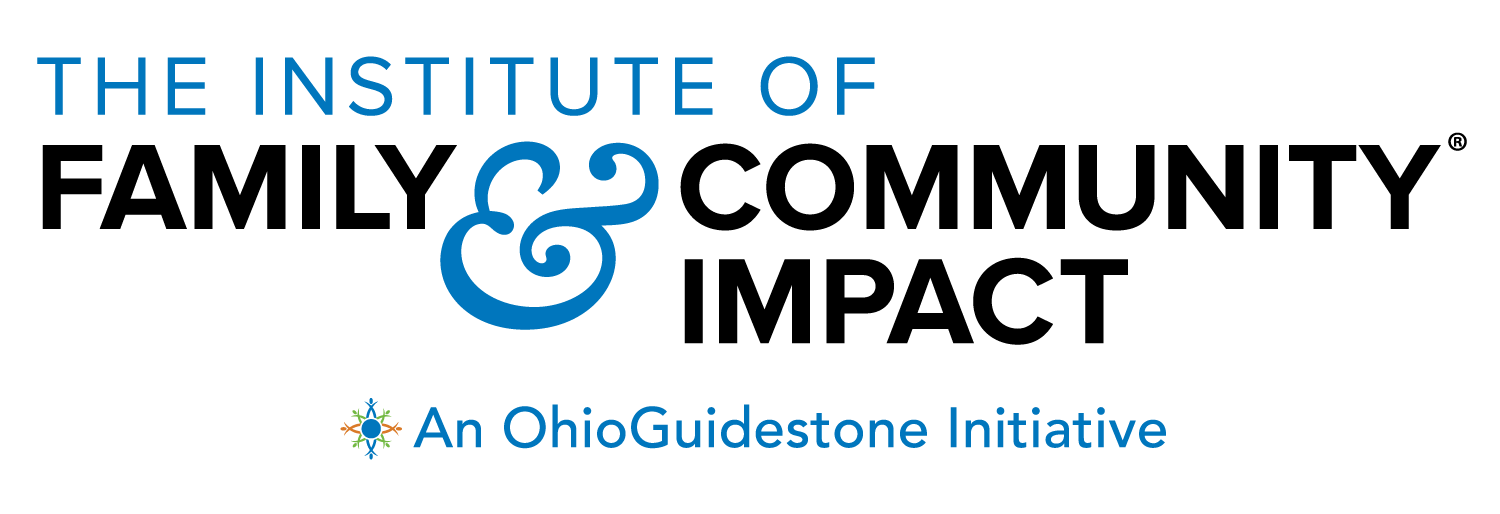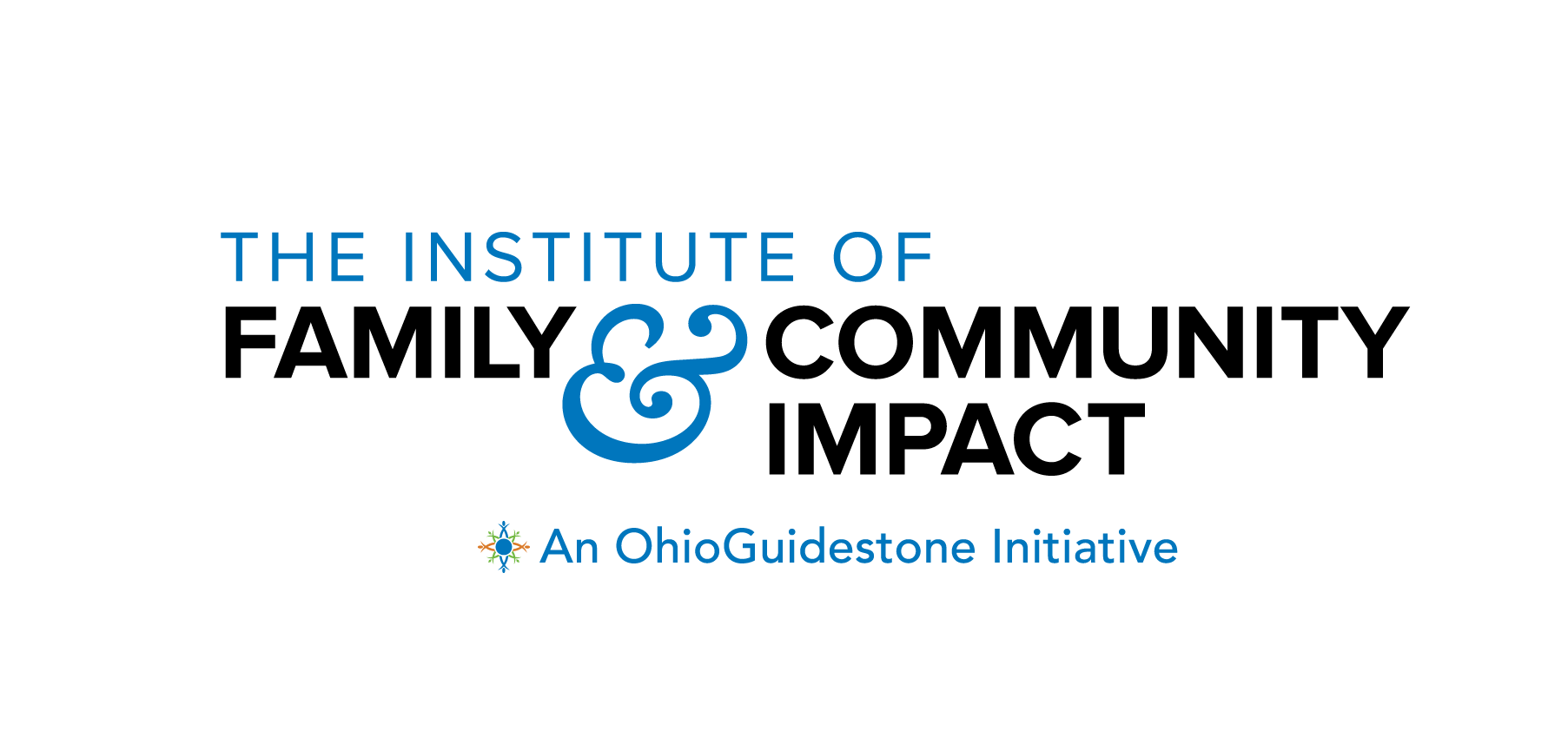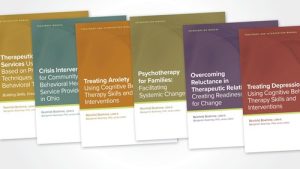Cognitive Behavioral Therapy Plus (CBT+)
CBT Plus is a treatment approach sensitive to the lived experiences of the whole person.
What is CBT Plus?
Cognitive Behavioral Therapy Plus (CBT+) is a client-focused treatment approach that is sensitive to the lived experiences of our clients. While applicable in any setting and by any practitioner utilizing CBT, it is particularly beneficial to those serving clients who are affected by forced marginalization, minoritization and discrimination and oppression. We at the Institute know that mental health care is only successful when treating the whole person.
CBT has long been the leading form of evidence-based treatment for various mental disorders. Simply put, CBT suggests that our thoughts, feelings, and behaviors interact with one another in ways that either enhance our psychological well-being or lead us towards mental distress and illness. Intuitively, this does make sense. Our self-perception has a significant impact on our daily lives. If we view ourselves as unhappy, inadequate, and unskilled, it’s more likely that we’ll feel that way. This can lead to a lack of motivation to engage in activities that would make us feel better, such as spending time with friends or pursuing meaningful work. Consequently, it may become increasingly difficult to leave the house or even get out of bed in the morning.
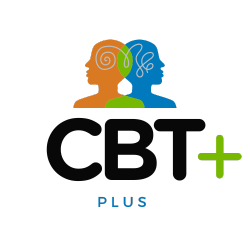
Social Drivers & Mental Health
Anxiety, depression, trauma, and stress-related illnesses often have underlying external causes. Real-world issues such as poverty, marginalization, discrimination, and racism can significantly impact our development and overall physical and mental health. For instance, poverty is a stressful experience that cannot be resolved by thinking your way out of it. Similarly, the impact of systemic racism cannot simply be overcome by changing the way we think about our place in the world. To demand that our clients do so ignores real world problems significantly impacting many of our clients.
Poverty, racism, and all the other -isms can lead to chronic toxic stress, which can result in a range of physical and mental health problems. People living in poverty often face a lack of access to healthy food, safe housing, quality healthcare, and education. These factors can contribute to poor health outcomes and a decreased quality of life. Additionally, poverty can lead to social isolation and a lack of social support, further exacerbating stress and mental health issues. It is important to recognize and address the external factors that contribute to mental health problems, as treating the symptoms alone will not fully address the underlying issues. By addressing poverty, discrimination, and other external factors, we can create a healthier and more equitable society for all.


The Science of Trauma & Toxic Stress
The science of trauma and toxic stress asserts that our biology is significantly affected by these conditions. When we’re subjected to prolonged, overwhelming stress that we can’t escape, our bodies produce high levels of stress hormones, which can cause damage to our bodies. This can lead to various health concerns, including high blood pressure, heart disease, diabetes, depression, anxiety, and stress-related disorders. It’s important to recognize that our physical and mental well-being is contextual and interactional. In other words, our thoughts, feelings, and actions are influenced by our environment, and our environment, in turn, affects our bodies and brains.
At the Institute, our understanding of the science of trauma and toxic stress has led us to realize the need for a shift in the language and philosophy underlying Cognitive Behavioral Therapy (CBT). It’s crucial that we recognize the influence of toxic stress. Failure to do so could result in implicitly blaming our clients for their symptoms which can be both physical and psychological. It’s important to remember that our clients’ anxiety is not due to faulty thinking. They may be experiencing anxiety because of potential loss of housing, food insecurity, and fear of being targeted based on racism.
The science of interpersonal neurobiology also tells us that relationships impact our biology. We are better, psychologically and physically, when connected with family – biological or chosen – and friends. In the company of those who love us and those who support us, we develop resilience. The therapeutic relationship is a relationship, after all, not just a vehicle for changing the thoughts of our clients. Our clients perceive us to be safe or not based on their prior experiences, including intergenerational and historical trauma.
Traditional CBT tends to value content over relationships. CBT Plus, on the other hand, asserts that relationships are at the core of change. Caring therapeutic relationships acknowledge our clients’ contexts of marginalization and discrimination and the impact of these contexts on our clients’ well-being, as well as the interpersonal barriers built by privilege that may impact therapeutic relationships. Such relationships don’t take our clients’ trust in us for granted but rather recognize that trust must be built.
CBT Plus is Transformative
CBT Plus takes traditional CBT and transforms it. CBT Plus is a science-informed, trauma- and toxic stress-informed, contextual, and culturally and linguistically sensitive treatment modality. As a new way of approaching CBT, rather than a specific treatment protocol, CBT Plus changes our lens to be inclusive of client contexts and attuned to client experiences of marginalization and discrimination. It tells us to really listen to our clients’ experiences. And for this reason, it is much more likely to help them move forward.
Our clients are not flawed, unmotivated, or struggling with faulty thinking. Their contexts of poverty and toxic stress, fueled by marginalization and discrimination, have hurt them and their communities physically, psychologically, and spiritually. It is up to us, therefore, to give our clients the best treatment possible for their individual needs and contexts. CBT Plus is a tool that allows us to offer that to them.

Our Manuals
Manualizing our approach to mental health care is critical to support implementation and use by practitioners. Our CBT Plus manual series presents our innovative trauma- and toxic stress-informed approach to clinical model that expands and enriches cognitive behavioral therapy (CBT) by incorporating critical knowledge from fields such as interpersonal psychology and neurobiology to address the psychobiological impact of client experiences.
Our manuals incorporate the principles of CBT Plus. They offer a range of strategies and interventions designed for specific treatment contexts and goals. We also offer in-person training on how to utilize CBT Plus and other innovations we’ve developed. Visit our online shop (Link to Shop) for more products.
